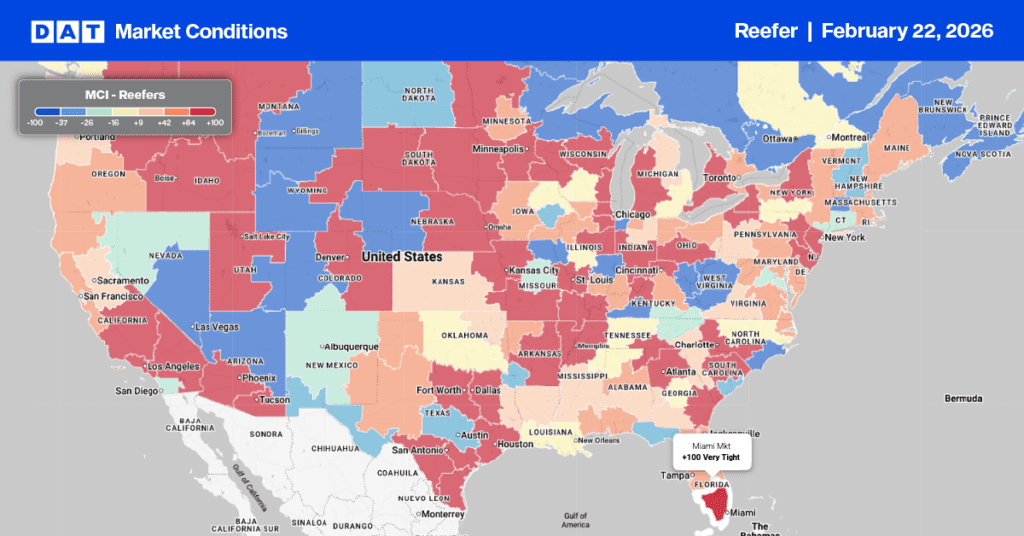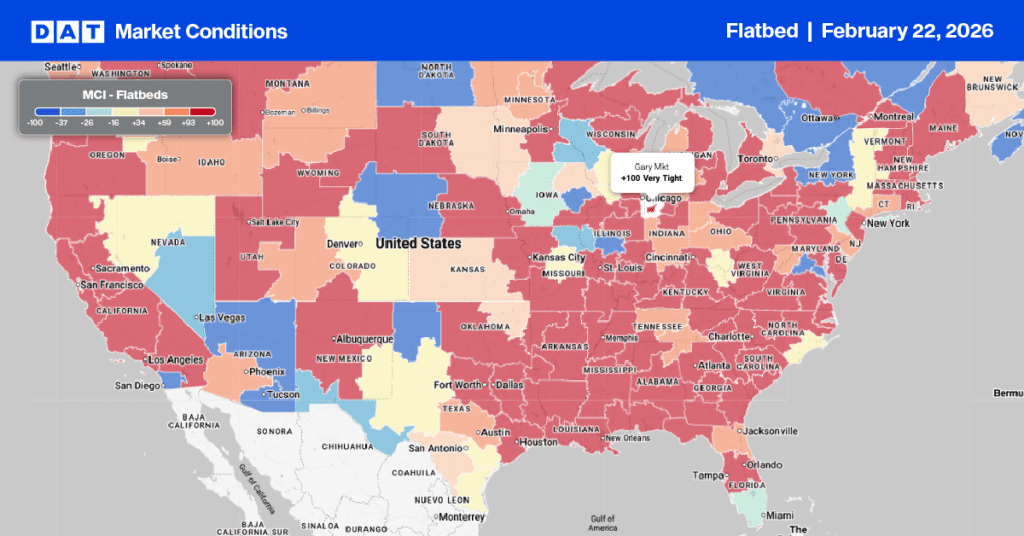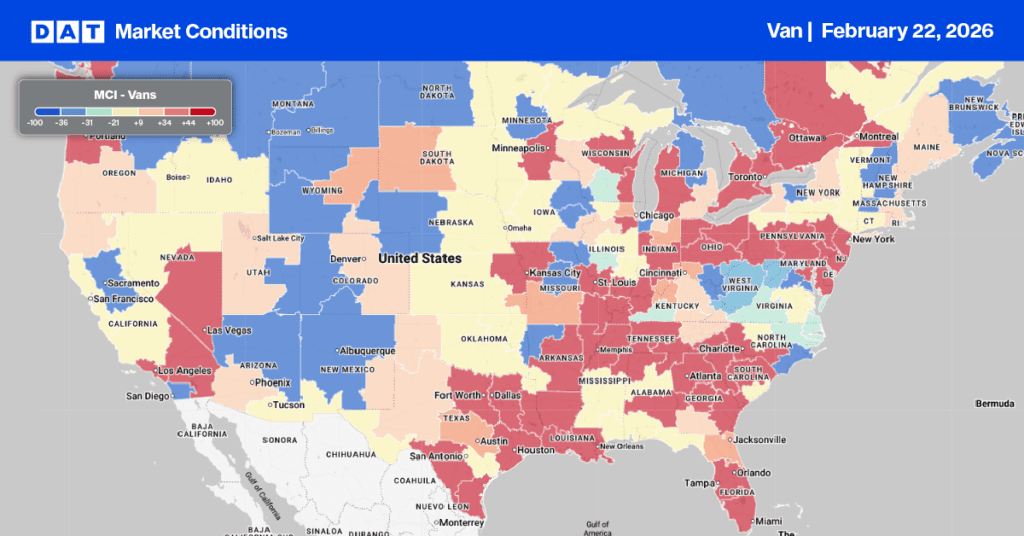Due to a significant annual increase in fatal car accidents during the 100-day span between Memorial Day and Labor Day, that period has become known as “The 100 Deadliest Days”. Over the past five years, nearly 3,500 people have been killed in crashes involving teen drivers during that time. Crash data from the National Highway Traffic Safety Administration (NHTSA) from 2013-2017 reveals significant factors contributing to fatal teen crashes during the summer driving period, including:
- Speeding (28%);
- Drinking and driving (17%);
- Distraction (9%)
AAA Foundation research found that nearly two-thirds of people injured or killed in a crash involving a teen driver are people other than the teen behind the wheel. Crashes for teen drivers increase significantly during the summer because teens are out of school and driving more.
Over the past five years, during the “100 Deadliest Days,”:
- An average of almost 700 people die yearly in crashes involving teen drivers.
- The average number of deaths from crashes involving teen drivers ages 15-18 was 17% higher per day than on other days of the year.
It’s also a dangerous time for all drivers, including truckers.
More travel during summer translates into more traffic for truckers, but like teenagers, truckers face the same issue with more sunlight and less sleep. One of the key factors missing in the NHTSA accident data is the impact of less sleep as a direct result of more daylight during summer.
It’s natural for everyone to want to socialize more during summer. Since daylight happens much later in the evening in summer, the timing of sleep is delayed until much later compared to Fall and Winter. Most work start time isn’t delayed to compensate, resulting in less sleep and, in turn, a higher risk of accidents.
Why is summer a more dangerous time for teen drivers?
Extra free time can lead to trouble for teen drivers. U.S. highways are often more dangerous for teens in the summer because more people, including other inexperienced drivers, are on the road. Increasing this risk is that some high schoolers spend time off school partying with friends before driving home.
Beyond these unique risks for teenagers, roads across the U.S. are generally more dangerous than usual at several points during the summer. According to NHTSA, some of the deadliest holidays of the year fall during this timeframe, including Independence Day, Memorial Day, and Labor Day.
According to Dr. David Yang, Executive Director of the AAA Foundation for Traffic Safety, “Crash data shows that teens are a vulnerable driver group with a higher probability of being involved in crashes. While teens may make mistakes when first learning to drive, it is important to continue educating them about safety behind the wheel. Hence, they avoid the reckless behaviors that put themselves and others at risk on the road.”
What can we all do to make our roads safe?
The AAA offers a parent/teen driving contract to help guide the process. The website also contains state-specific information on graduated driver licensing laws and passenger restrictions.
Many states have passenger restrictions for teen drivers, and parents should educate themselves on these laws and stress compliance with their teens. Parents have a role to play, and here are some tips from the AAA:
- Parents should consider setting driving limits stronger than a state’s law, and enforce those limits, especially during the summer driving season.
- Ensure teens are getting sufficient sleep and not planning family events when teenagers should be sleeping (i.e., Saturday and Sunday mornings).
- Always buckle up
- Never drive impaired. Always have a designated driver ready.
- Put your phone away and focus on the task of driving.
- Follow posted speed limits.
AAA Foundation research found that nearly two-thirds of people injured or killed in a crash involving a teen driver are people other than the teen behind the wheel. The “100 Deadliest Days” involves everyone.


